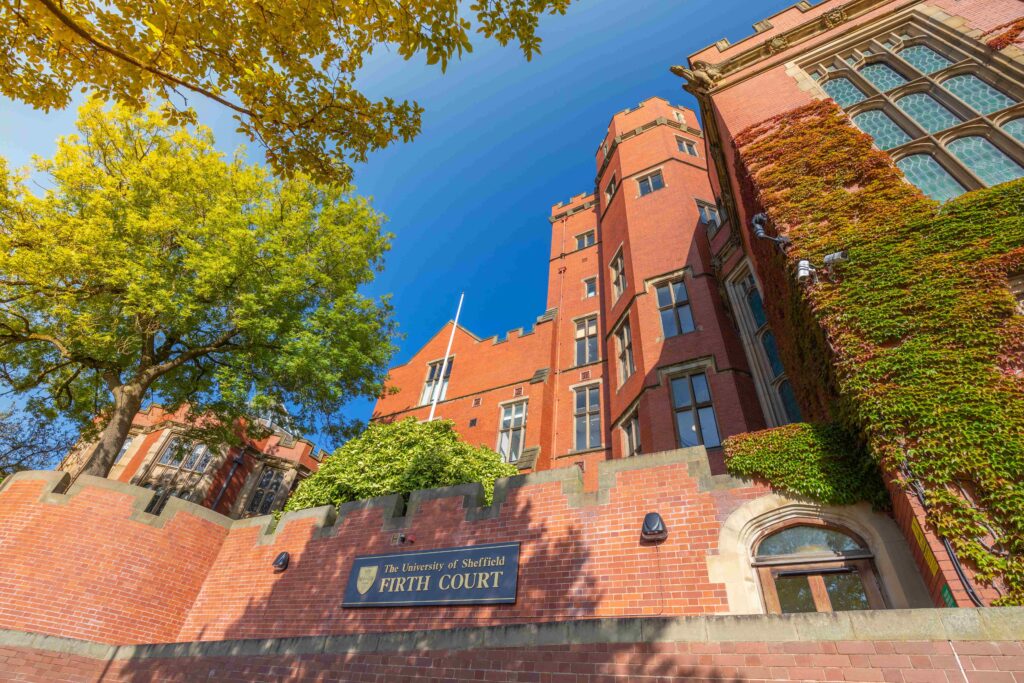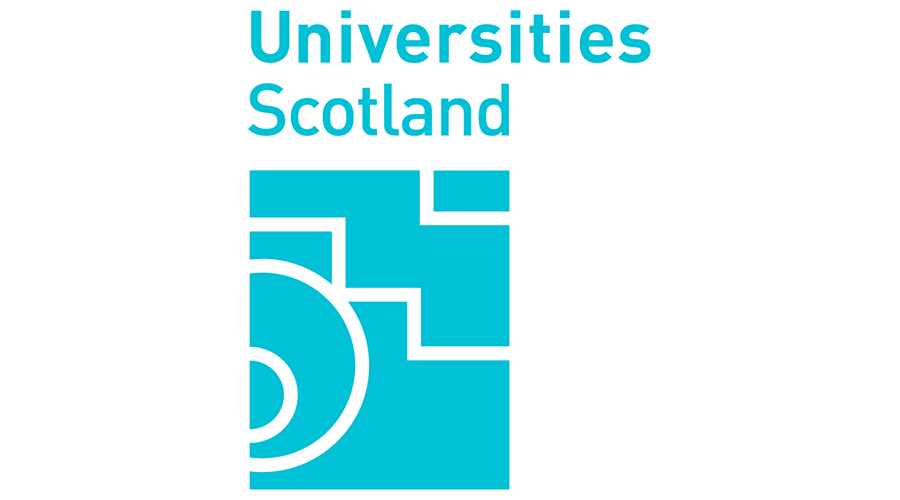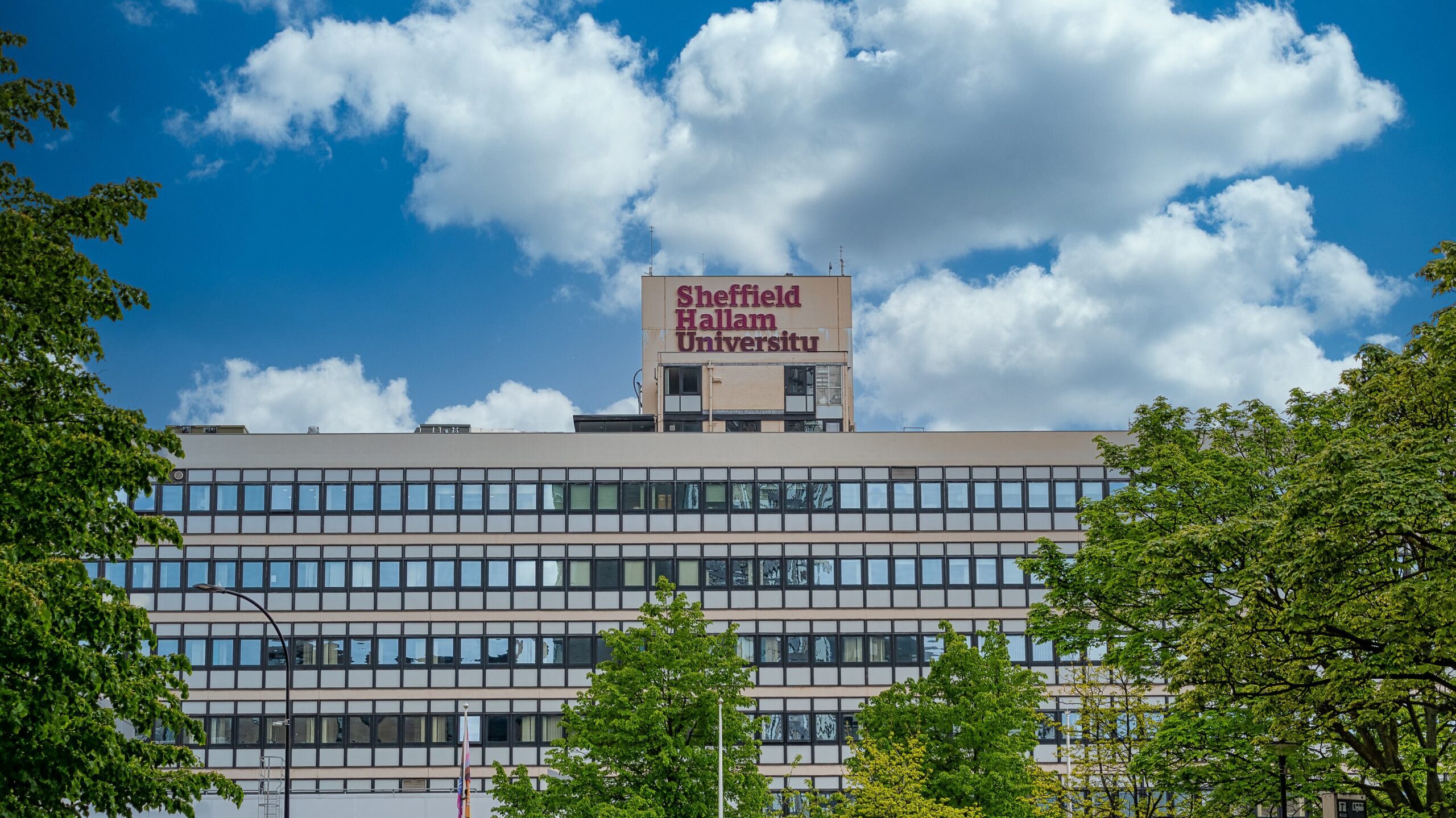Campaigners and politicians fear universities could close and towns and cities will see ‘significant damage’ if changes are made to a UK visa scheme for graduates.
Over recent years, the country has emerged as a global education hub, attracting a record number of international students to its universities.
But experts say proposed changes to the Graduate Visa route – which gives students the opportunity to work or look for work two to three years after leaving university – could bring financial instability.
Cities that host multiple universities such as Sheffield, home to both the University of Sheffield and Sheffield Hallam University, stand to bear the brunt of these changes.
At the start of the academic year the University of Sheffield and Sheffield Hallam University released a joint statement along with politicians and business leaders in support of international students.
It said: “We are proud that, each year, students from more than 150 countries choose to make our city their home as they study at our two universities and college.
“Sheffield is one of the UK cities that benefits most from international students. We are grateful for everything international students bring to our city and we continue to welcome them.”

The Graduate Visa Route, introduced by the UK government in 2021, is said to be a key factor to the UK being such a popular location of study.
However, Home Secretary James Cleverly ordered a “rapid review” of the scheme in March, bringing questions over the government’s effectiveness in balancing economic benefits with immigration control.
Repercussions of curtailing this pathway extend far beyond immigration quotas, with tangible economic implications for cities with multiple universities.
The net economic benefit brought by international students to Sheffield alone amounted to £516.8 million in the 2021/22 academic year, underscoring their role in sustaining local businesses and employment.
Paul Blomfield, MP for Sheffield Central, warns of the direct correlation between dwindling international student numbers and the financial strain on universities.
He said: “I’ve been pleased to work with our two universities in securing policies which have increased international student recruitment. Our international graduates become great ambassadors for Sheffield.
“If the government is successful in reducing the number of international students, they will directly reduce the money available for universities.
“Thankfully, I think both the universities in Sheffield can withstand the significant drop in international student numbers. But it will hit other universities harder, and will probably lead to universities forced into closure.”

University leaders echo these sentiments, highlighting the invaluable contributions of international students to campus life and the wider community. University of Sheffield Vice-Chancellor Professor Koen Lamberts said: “Most international students join our community for a short period of time and return to their home countries when they have completed their studies.
“We are keen for the UK government to recognise this and remove international students from the highly debated net migration figure.”
Similarly, Vice-Chancellor of Sheffield Hallam University Professor Sir Chris Husbands underscores the diverse social personality and economic vitality that international students bring to the city.
He said: “International students bring huge benefits to Sheffield, not just to the local economy but also to the social fabric of our universities and the diversity of our local community.
“It is vital that we promote and encourage international students to come to our world-leading universities.”
Beyond Sheffield, universities across Scotland and the UK have expressed solidarity in defending the Graduate Route as a cornerstone of international student recruitment.

Prof Andrea Nolan, International Convener of Universities Scotland and Principal and Vice-Chancellor of Edinburgh Napier University emphasises this, cautioning against policies that could undermine the nation’s competitiveness in the global education market.
She said: “Successful economies around the world recognise that an internationally competitive post study work visa is an essential part of the package offered to international students. It is a win-win for the students and for the host nation.
“Any change to the Graduate Route must also ensure it remains an attractive and competitive offer to those who wish to study here.”
However, the spectre of policy changes looms large, with Universities UK warning of the detrimental impact on towns, cities, and universities nationwide. The proposed reforms threaten to accelerate the decline in international student numbers, threatening a possible over-correction to the original proposed solution these changes would make.
Universities UK released a statement saying: “We regret the fact the government appears to want to diminish our success in this area.
“If they go further, they will damage the economies of towns and cities throughout the UK. Given we should be doing everything we can to promote economic growth, this seems to be getting the priorities wrong.”

Paul Blomfield reaffirms his commitment to welcoming international students, echoing the sentiments of his constituents and colleagues across the political spectrum. His stance reflects a broader consensus that international students are not only assets to universities but integral members of the communities they inhabit.
“They are very welcome in our cities and in our universities,” he said.
Beyond the immediate financial repercussions for universities, politicians say the loss of international students would diminish the cultural diversity, academic vibrancy, and economic vitality that define university cities.
As organisations and MPs continue to advocate for the preservation of the Graduate Route, the fate of international students hangs in the balance, along with the future prosperity of the UK’s higher education sector.




